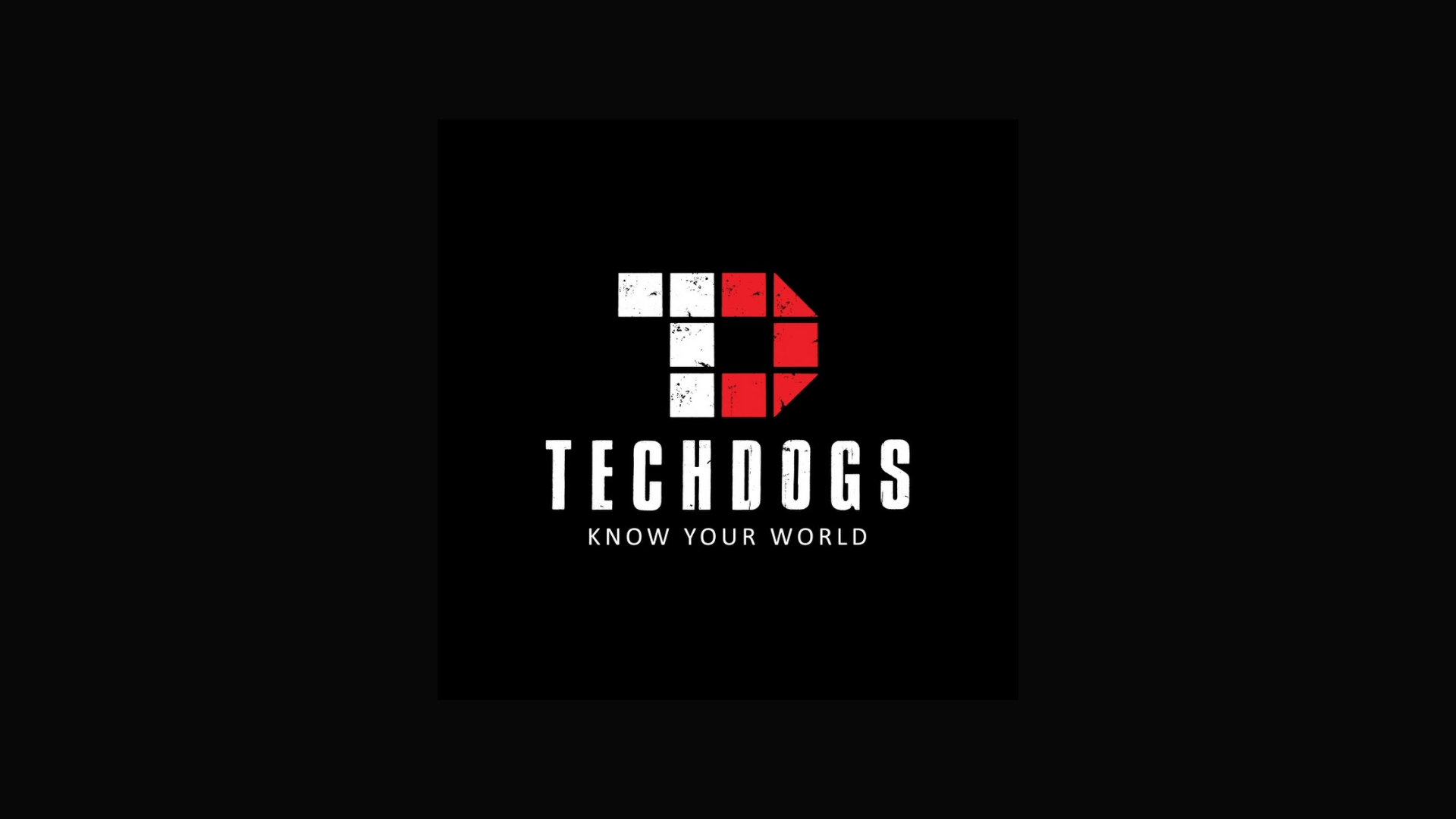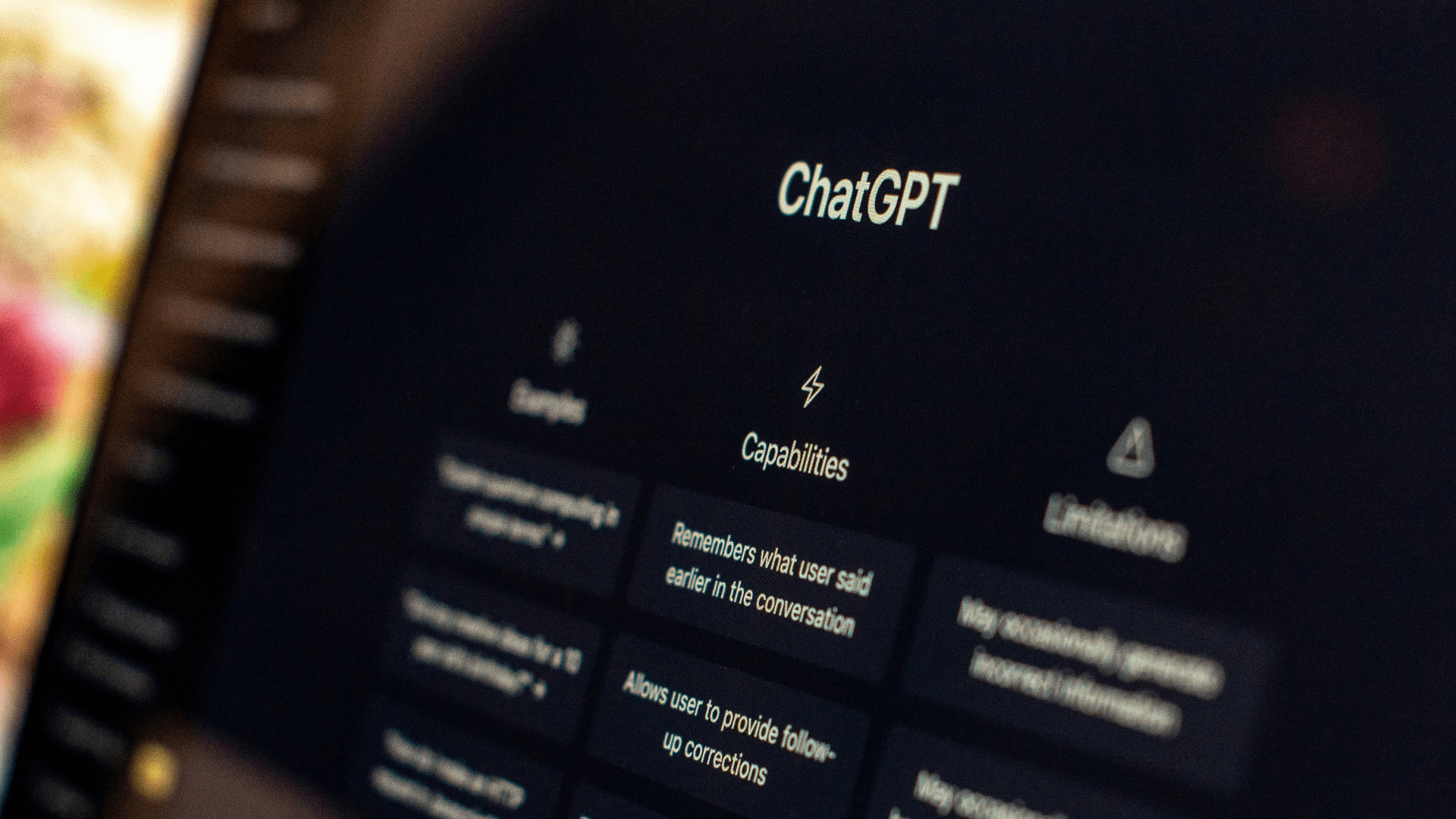Relationships: The core of comms
The foundation of our profession is relationships. Whether it’s with clients, media or industry analysts, building strong relationships is vital. AI can support these efforts by streamlining processes and providing data-driven insights, but it cannot replace the human touch. Authentic relationships are built on trust, empathy, and understanding, all of which are qualities that AI, at least in its current form, cannot replicate.
In our panel, I emphasised that while AI tools can assist in supporting and analysing communications, the core of our work remains deeply human. Face-to-face interactions and the ability to read and respond to emotional cues are irreplaceable. Therefore, while leveraging AI, we must continue to prioritise and cultivate our interpersonal skills.
The battle against misinformation
One of the pressing concerns discussed was the potential for AI to spread misinformation rapidly. AI-powered tools can create and disseminate false information at an unprecedented speed, posing significant risks to reputations and public trust. Organisations must be proactive in developing strategies to combat this.
During the panel we stressed the importance of having robust verification processes and being prepared to act swiftly in the face of misinformation. Part of this preparation includes training teams to recognise AI-generated content and using AI tools to monitor and flag suspicious activity. This is something I believe will get more difficult to spot as AI develops and evolves. The goal is to protect the integrity of the information and maintain the public’s trust.
The importance of accurate data
AI’s effectiveness hinges on the quality of the data it processes and analyses. Poorly structured or biased data can lead to inaccurate insights and misguided content. During our discussion, Burson Group Managing Director, Alison Spray highlighted the necessity of investing time and resources into ensuring that the data we use is accurate, relevant, and free from bias. While it’s impossible for us to eliminate bias completely, we should all be taking steps to recognise it.
The human element in AI
Despite AI’s capabilities, human intervention remains crucial. Emotional intelligence, sensitivity, and ethical considerations are areas where humans excel. AI can process vast amounts of data quickly, but interpreting this data through an ethical lens and making context-sensitive decisions requires human judgment.
At CCGroup, we have created a “task force” dedicated to exploring how generative AI tools can be integrated into our workflows to improve efficiency and productivity, without sacrificing quality. Through trial and error, we have learned that while AI can handle more mundane, repetitive tasks, it still needs significant human oversight to ensure quality and relevance. I joined the PR industry because I wanted to develop as a strategic and creative communicator, not become a dumb prompter of AI tools. I know I’m not alone. From what we have seen and experienced so far, there is still a clear need for human intervention in getting valuable insight from AI engines.
Efficiency and opportunity
AI can significantly enhance efficiency by automating routine tasks, thereby saving time and reducing costs. However, there is a limit to this efficiency. Over-reliance on AI can lead to a loss of the nuanced understanding and creativity that human professionals bring to the table.
On the flip side, AI opens up new opportunities for innovative services. The potential for developing new products and improving existing tools is vast. For example, custom AI models can help generate content outlines, providing a starting point for creative development. This allows our team to focus more on strategy and more impactful campaign execution.
The discussions on the panel reinforced my belief that AI is a powerful tool that can greatly benefit the communications industry. However, its success depends on how we integrate it into our workflows, ensuring that it complements rather than replaces the human element.
As we continue to explore AI’s capabilities, we must do so with both enthusiasm and caution. Embracing AI means staying ahead of the curve, but we must also remain vigilant about its limitations and ethical implications. By finding the right balance, we can harness AI’s potential to enhance our work while staying true to the core values of our profession.
Thank you again to the PRCA for inviting me along, this was my first opportunity to speak to industry experts and hopefully not my last.















